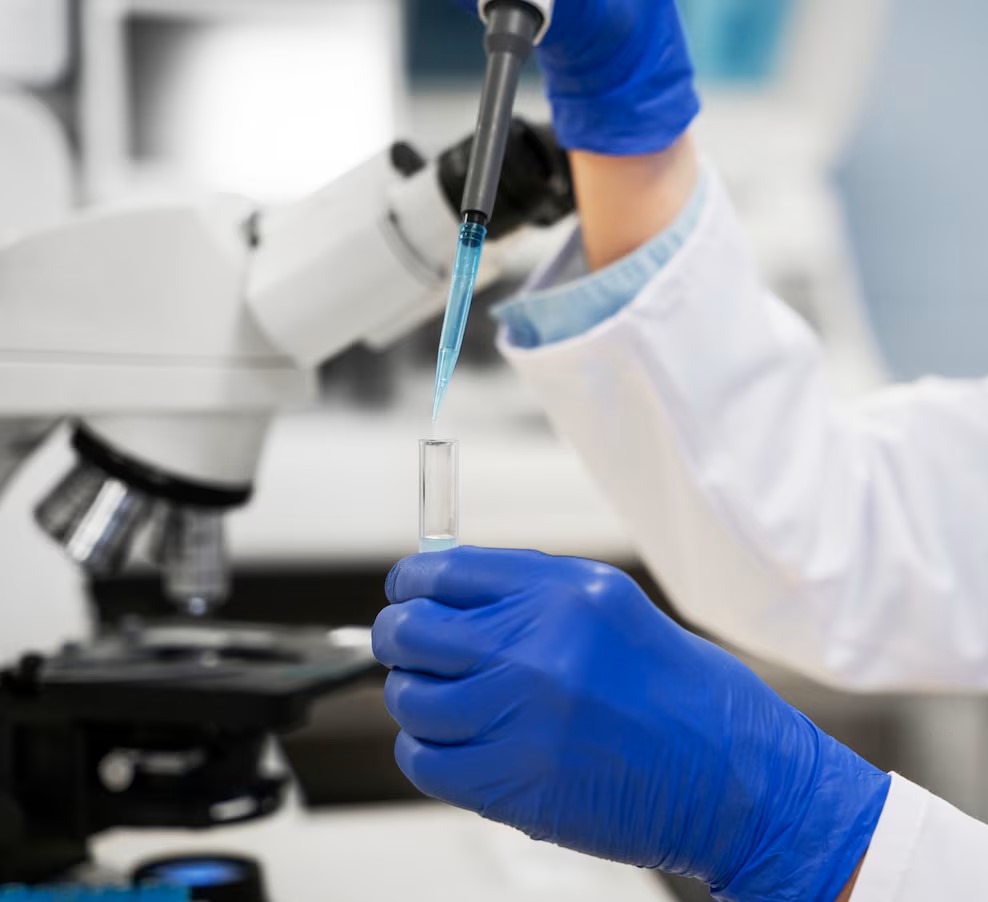Biological survival of spermatozoa
The biological survival of spermatozoa after 24 hours is an important diagnostic indicator that builds on the standard spermogram. It helps to choose the most suitable time and method of fertilization, increasing the chances of success in treatment.

Biological survival of sperm after 24 hours
The biological survival of sperm after 24 hours is a test that evaluates the stamina and viability of sperm over time. This study is especially important when planning in vitro fertilization, intrauterine insemination (IUI) or in the case of unexplained infertility.
What does the test examine?
Biological survival evaluates:
- Progressive motility of spermatozoa;
- The total viability after 24 hours of incubation;
- The persistence of sperm in an environment similar to that of the female reproductive tract.
When is the study recommended?
- Unexplained infertility;
- Normal spermogram, but unsuccessful attempts to conceive;
- Suspicions of “dying” of spermatozoa before reaching the egg;
- Assessment of the chances of success when using IUI (intrauterine insemination);
- Preparing to freeze sperm or fertilize the next day.
How is it carried out?
- Collection of ejaculate sample after 2—5 days of abstinence
- Primary analysis of sperm concentration, motility and viability;
- Laboratory processing and incubation of the sample in a controlled environment at body temperature for 24 hours;
- Repeated analysis of sperm motility and condition after 24 h.
How is the result interpreted?
- > 50% of initial mobility — very good survival;
- 30— 50% — satisfactory survival;
- < 30% — reduced survival; specific laboratory treatment or alternative approaches (ICSI) may be required.
What does low survival mean?
Sperm with low survival:
- Do not manage to survive until the moment of ovulation in natural conception;
- May be negatively affected by oxidative stress, infections or abnormalities in the plasma membrane;
- Require rapid processing in laboratory conditions or the choice of ICSI instead of a standard IVF procedure.
What do we offer in our clinic?
In Vitro Clinic “Sofia” we offer a test for biological survival of spermatozoa with:
- Precise laboratory processing and incubation with temperature and gas composition control;
- Individualized recommendations for the most appropriate fertilization method.
Conclusion
The biological survival of spermatozoa after 24 hours is an important diagnostic indicator that builds on the standard spermogram. It helps to choose the most suitable time and method of fertilization, increasing the chances of success in the treatment of infertility.